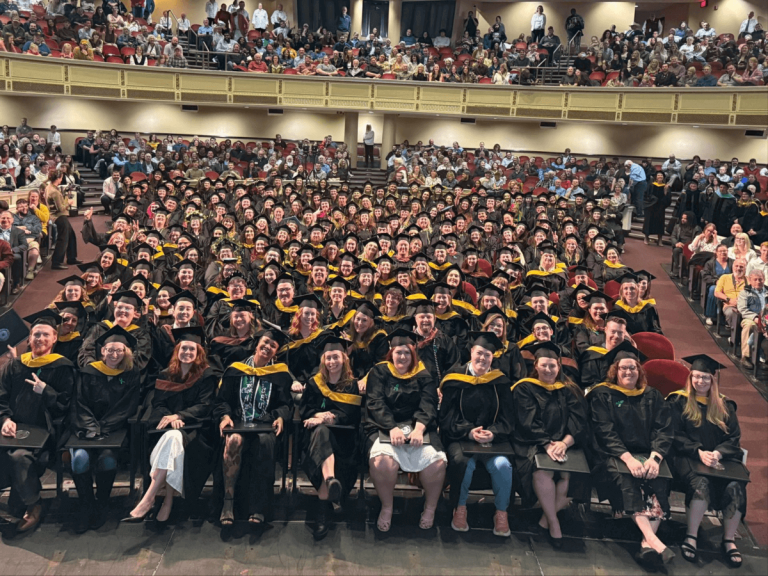As the White House press corps chatters about the possible installation of solar panels on one of the most storied homes in the world, Unity College ponders its role in rescuing the original solar panels installed by President Jimmy Carter from obscurity.
In 1991, the array of 32 solar panels formerly atop the White House during the Carter administration were removed from government storage and brought to Unity College. Sixteen of the panels were refurbished and placed atop the cafeteria roof where they heated water. They were removed from the cafeteria roof in 2010 when they reached their useful life span. Of the 32 panels, a total of 4 were gifted, leaving 28 panels in storage at Unity College. Many of the former White House solar panels in storage were restored by students in the Unity College energy labs.
The full story of Carter’s solar panels and saga of Unity College, an environmental college in Maine, rescuing these important pieces of history from obscurity was told in a 2010 documentary film by Swiss filmmakers Christina Hemauer and Roman Keller. The documentary has been screened at the Maine International Film Festival, among other film festivals both in the United States and Europe.
Entitled “A Road Not Taken”, the Hemauer and Keller documentary explores the abrupt turn from the development of renewable energy like solar. When President Carter installed the panels atop the White House, he characterized the action as either a bold step in the development of cheap, renewable energy, or an example of a road not taken. The latter was the course of history and artistic focus of the documentary, details of which are available online at http://www.imdb.com/title/tt1365056/ and http://www.roadnottaken.info/.
A YouTube clip featuring President Carter from the documentary is online at http://www.youtube.com/watch?v=v9VD6MdEt0U.
Sara Trunzo ’08, Food and Farms Project manager at Unity College, was featured in the documentary. She and another Unity College alum, Jason Reynolds ’05, went on a road trip from Unity, Maine, to the Carter Center in Atlanta, Georgia, searching for the meaning of America’s turn from the opportunity to pursue renewable energy that President Carter had championed. A clip featuring Reynolds is available on the Unity College sustainability website at http://sustainabilitymonitor.wordpress.com/tag/a-road-not-taken/.
“My participation in ‘A Road Not Taken’ was a transformative moment in my education because it helped me understand the power of integrating sustainability, communication, policy, art, and activism to send a message,” said Trunzo. “The film is a beautiful piece of modern storytelling that captures an important moment in US energy history and Unity College history, too.”
Bill McKibben, author, environmental activist and founder of 350.org, the environmental advocacy organization, participated in a “solar road trip” from Unity College with one of the Carter solar panels to Washington in an attempt to prompt President Barack Obama to re-install solar and return the United States to Carter’s vision for widespread renewable energy development. A Kennebec Journal newspaper story chronicled the journey and is online.
Unity College, known as America’s Environmental College, has long been at the forefront of addressing the sustainability of the planet and reframing higher education into a more effective model. Two years ago the college became the first in the United States to adopt sustainability science as its central framework, following a leading edge, trans-disciplinary (collaborative) approach to 21st century environmental problem solving, including the mitigation of global climate change.
In 2012, Unity College became the first college in the nation to divest from investments in fossil fuels, leading a growing national movement that is being championed by 350.org.
In recent years Unity College has gained national attention for a variety of achievements including: its focus on sustainability science, the leading-edge of 21st century ecological problem solving and the vanguard in the fight for the mitigation of global climate change; its ground-breaking “green” innovations such as the award-winning TerraHaus, the first student residence on a college or university campus built to the Passive House standard, the most energy efficient building standard in the world; and for being the first college in the United States to divest from investments in fossil fuels, igniting a growing national movement in higher education.
Unity College is a private college in rural Maine that provides dedicated, engaged students with a liberal arts education that emphasizes the environment and natural resources. Unity College graduates are prepared to be environmental stewards, effective leaders, and responsible citizens through active learning experiences within a supportive community.
(Image: Christina Hemauer and Roman Keller at the Maine International Film Festival in 2010 with solar panels formerly atop the White House. Behind them is the grease-powered Dodge Ram truck featured in their documentary, “A Road Not Taken”.)



